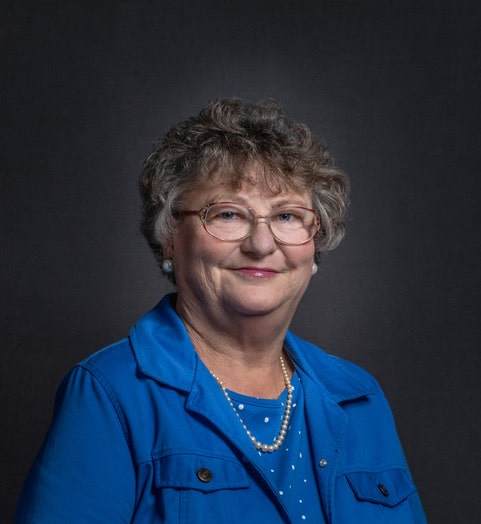These conundrums add to the fun of our English language.
Why is it when you milk a cow, you take milk from her, but if you water a cow, you give water to her?
Why is it if we want to go in haste, we hasten, so if we want to go fast, why don’t we fasten?
Is there a reason people who move to South Dakota but don’t want to acclimate, continue to say “coyotee” instead of coyote? Do they think they are more educated, is that why they won’t change? Or do they stand their ground on coyote because they think the mispronunciation of Pierre (Peer) our state capitol, is enough?
When you stop in a parking lot, do you drive up to the little line that divides one space from another and stop, as if there is a concrete barrier instead of a painted line? Or have you realized that if you pull forward another car length, you will not have to back out of your parking place after you have finished your errand? You can just drive forward instead. It’s easier on your neck and much safer because you can plainly see where you are going. Most parking lot accidents happen during backing.
How can flammable and inflammable mean the same thing?
Why are The Dakotas are spoken of as one entity, especially on national weather forecasts?
Why is the word “cowboy” a pejorative when it describes anyone who does not ride a horse?
Why is it that abortion is legal in some states, but if a pregnant woman is killed, the killer is charged with two deaths, the woman and her unborn child?
How can someone, “show up missing?” Or the one we hear so commonly anymore, “He went missing,” as though it were a destination. Don’t they disappear, instead?
Most people stand in line, although some have been, “on line,” which, in this internet age, has a whole new meaning.
Does something happen “on accident” or “by accident?”
You are a pedestrian preparing to cross a street. You are at a traffic light where there are no “Walk,” “Don’t Walk” signs. Do you watch to see when the light is green and go with that traffic? Or, do you look for the red light stopping the cars on the street where you will walk?
Why is it when a woman rides a horse, chases cattle and does an outstanding job, the men who saw it all, comment, “Good horse.”
If you are well known you are famous, if you are extremely well known you are renowned. But if you are famous because you are in trouble, how can you then be infamous?
When you are all dolled up, arrive at your location, get out of a fancy vehicle, and someone comments, “Nice outfit,” are they are talking about your clothing or your auto?
Words matter, for clarification and expression. How you use them makes a difference. As illustrated, they can also be confusing.
Sanders is a national-award winning columnist who writes from the home place in southwestern South Dakota and her email is peggy@peggysanders.com.

